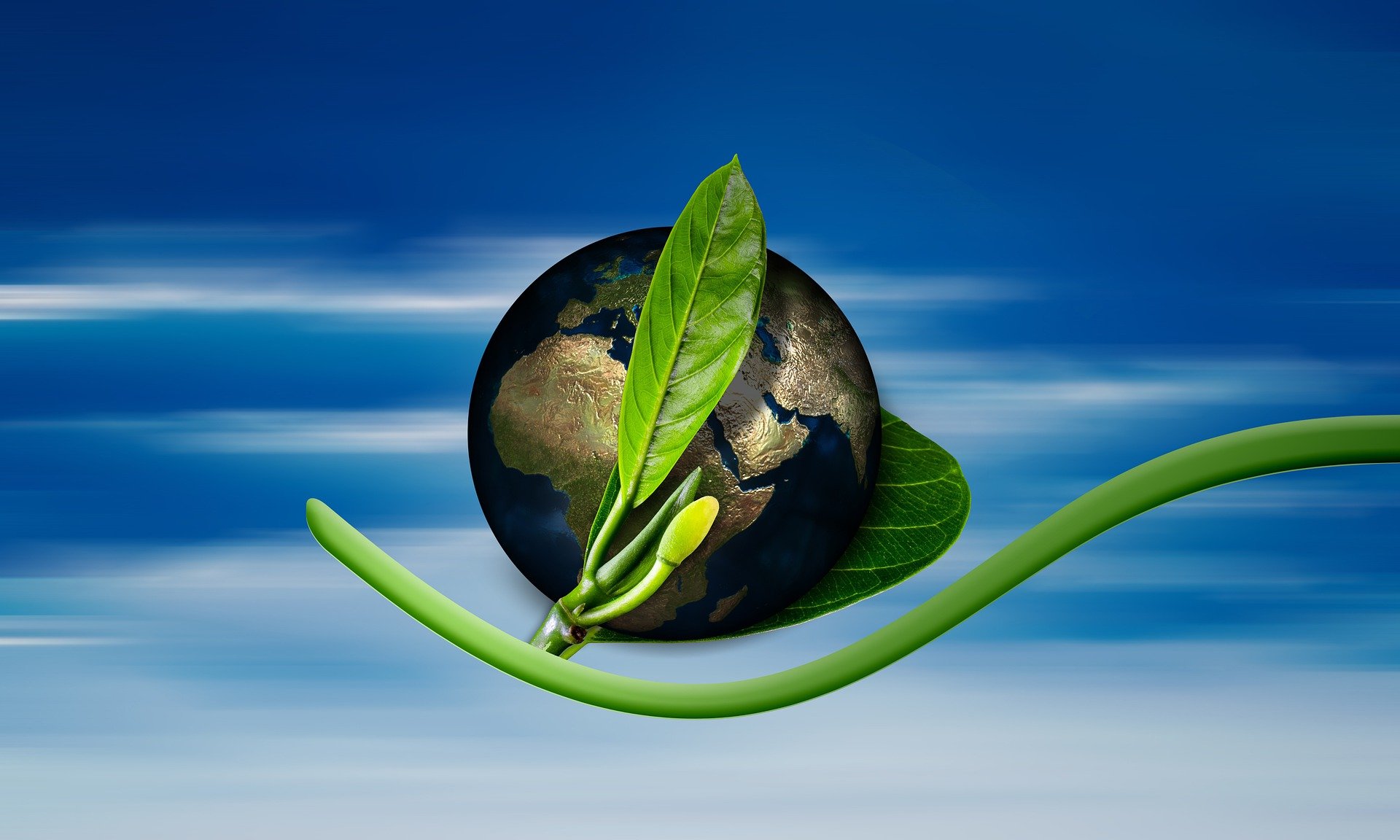What is the first thing that springs to your mind when you hear the term eco-friendly? Saving the planet? Turning off lights? Greta?
Eco is an abbreviation for ecology, the system of relationships between living things, and with their environment. Friendly implies beneficial, or at least not harmful. It should follow that the term eco-friendly, when added to services or products, indicates positive, or at least not harmful, effects on living things.
In recent years, terms like “going green” and “eco-friendly” have become buzz words on talk shows, marketing and product packaging. The term “eco-friendly” has been used for so many different products and practices, its meaning is in danger of being lost, but Eco-friendly literally means earth-friendly or not harmful to the environment. This term most commonly refers to products that contribute to green living or practices that help conserve resources like water and energy. Eco-friendly products also prevent contributions to air, water and land pollution.
Making a truly eco-friendly product keeps both environmental and human safety in mind. At a minimum, the product is non-toxic. Other eco-friendly attributes include the use of sustainably grown or raised ingredients, produced in ways that do not deplete the ecosystem. Organic ingredients or materials are grown without toxic pesticides or herbicides. Products with “made from recycled materials” contain glass, wood, metal or plastic reclaimed from waste products and made into something new. Biodegradable products break down through natural decomposition, which is less taxing on landfills and the ecosystem as a whole.
An eco-friendly person has similar attributes to an eco-friendly product. They re-use, recycle and reduce waste disposal in their lives. They conserve energy and natural resources, and they are conscious of the impact their actions have on others, and the planet’s ecosystems. It is only natural that such people should seek compatible products……………..likt the ones we sell here at Eco Branded!


